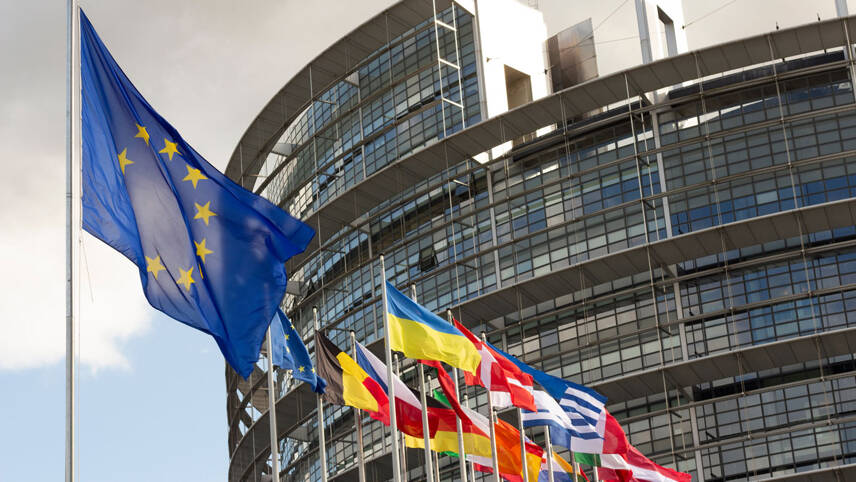Register for free and continue reading
Join our growing army of changemakers and get unlimited access to our premium content

The nature restoration package was voted through on Tuesday (27 February) with 329 votes in favour and 275 votes against. 24 MEPs abstained.
Under the law, the EU will implement restoration measures on at least 20% of land and sea by area size this decade. It will then expand restoration to all ecosystems in need of repair through to 2060.
A peatland-specific target has been set to revitalise 30% by area size this decade, increasing to 50% by 2050.
Other specific targets will be drawn up to mandate member states to grow their populations of birds and pollinating insects, and to restore rivers and waterways.
These targets align with the EU’s commitments under the UN’s international Kunming-Montreal biodiversity treaty, which was ratified in late 2022 and sets a global vision for halting and reversing the destruction and degradation of nature. 81% of the EU’s habitats are classed as being in poor health.
More than 6,000 scientists said the law would not result in food insecurity or economic losses and pointed to the long-term opportunity to improve soil and water quality.
Senior executives from more than 80 businesses have, additionally, told MEPs that the package would help – not hinder – the private sector in Europe.
Nonetheless, the proposed law attracted fierce opposition from right-wing parties and their affiliated MEPs. Italian MEP Rosanna Conte, of Identity and Democracy, previously stated: “Less land for farmers, less sea for fishermen, less activity for businesses, and fewer European products and jobs for our citizens. These are the heavy repercussions of the proposals contained in a regulation permeated with ideology and counterproductive for nature itself.”
She and many other right-wingers staged a last-minute revolt at this week’s vote, coordinated by the European People’s Party (EPP). The revolt included one of the law’s architects Manfred Webber, who attributed his newfound opposition to the law to empathy with farmers protesting in Paris and other European hubs in recent weeks.
In overseeing this week’s vote, Spanish MEP Cesar Leuna, of the Socialists & Democrats, stressed that the law “is not against anyone”.
The Greens have stated that restoring nature presents farmers with opportunities to bake-in resilience to climate change and biodiversity loss, which will help – not hinder – their livelihoods.
The European Commission estimates that spending €1.54bn on restoring ecosystems would generate more than €1.8trn worth of benefits.
In the end, the beleaguered law only passed the vote thanks to the addition of an “emergency stop” clause tabled by the EPP. The clause allows targets to be suspended for agricultural land “in exceptional circumstances”.
Such circumstances could include so much land being taken for nature that European food security suffers.
Related news: Programme to scale corporate science-based targets for nature reaches milestone
Related feature: After Davos, what’s next for TNFD adoption?


Please login or Register to leave a comment.